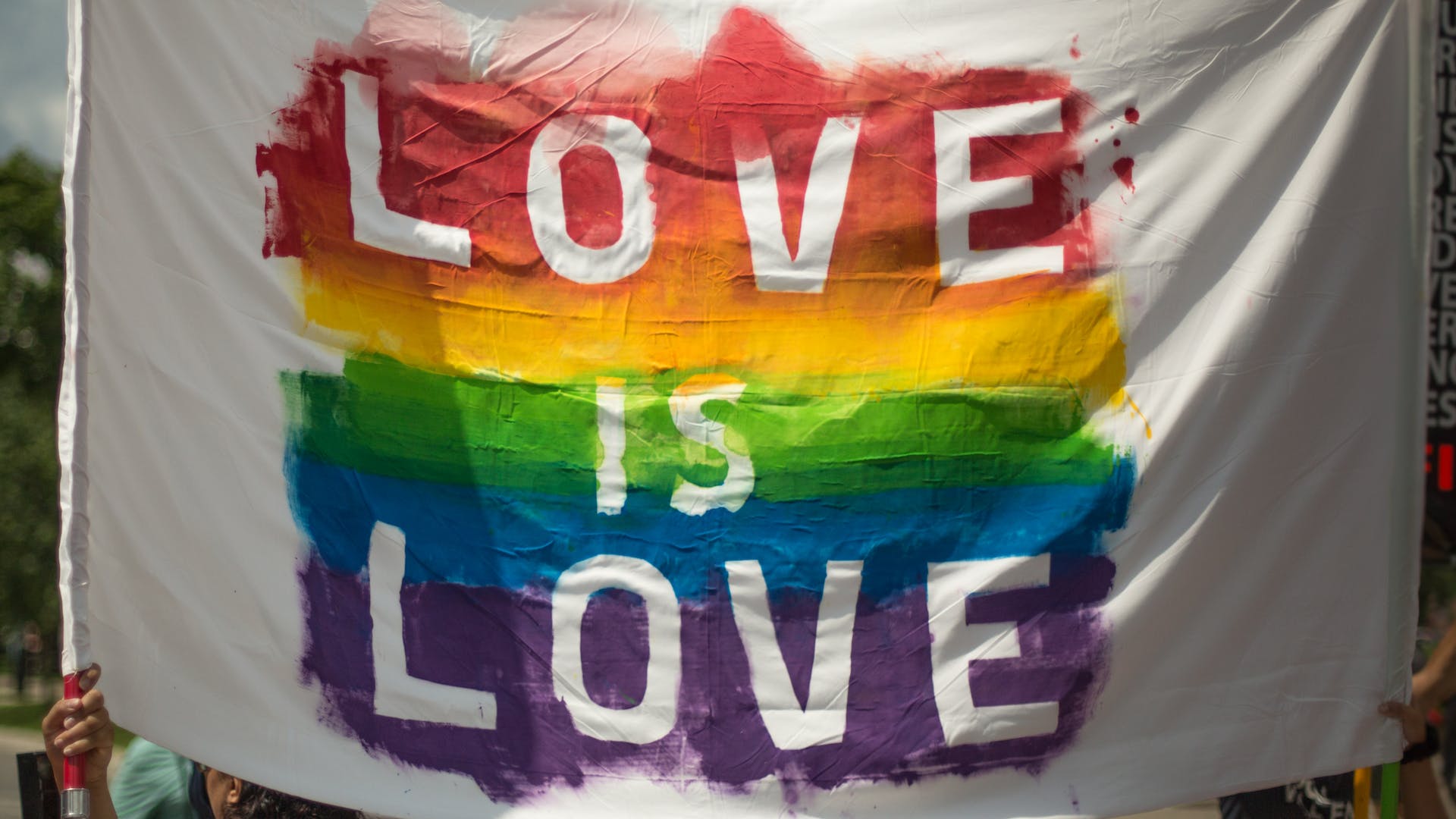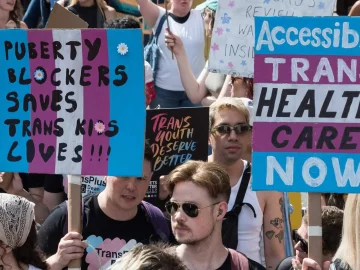Target, the renowned retail corporation, has recently sparked a contentious discussion with its new Christmas merchandise range. Featuring distinct LGBTQ+ themes, this collection has become a focal point of intense debate, eliciting varied responses from different communities and individuals.
Introducing an Inclusive Range
Erik Thompson, the Senior LGBTQIA+ Segmentation Strategist and Pride Lead at Target, unveiled the collection through an Instagram post, highlighting its diverse and vibrant array of products. The assortment includes unique pieces such as a nutcracker bearing a Pride flag and a depiction of Santa Claus in a wheelchair, reflecting the company’s dedication to celebrating diversity and inclusion.

Right-Wing Response and Boycott Calls
However, Target’s initiative has not been well-received by everyone. An account named “End Wokeness” highlighted some of Target’s Christmas products, triggering a wave of backlash from right-wing communities. The post was met with calls for a boycott of Target, as members of these communities expressed their displeasure with the company’s approach to holiday merchandise.
Financial Implications
This backlash appears to have had a tangible impact on Target’s financial performance. The company reported a 5.4 percent decrease in sales in its second-quarter earnings report, marking the first sales drop in approximately six years. The third quarter further saw a 4.9 percent decline, with CEO Brian Cornell acknowledging the unexpected sales challenges faced this year.
Wider Trend of Backlash Against Inclusive Brands
Target’s experience is not unique in the current socio-political climate. Other brands like Bud Light and Starbucks India have also faced similar backlashes for their support of LGBTQ+ inclusivity. Bud Light collaborated with trans social media influencer Dylan Mulvaney, and Starbucks India released a trans-inclusive advertisement, both of which sparked controversy among right-wing groups.
Conclusion: The Cost of Inclusivity?
Target’s foray into LGBTQ+ themed Christmas merchandise has clearly set off a cultural and commercial ripple effect. While the brand has made strides in representing diverse communities, it has also faced significant backlash and financial repercussions. This situation raises broader questions about the balance between corporate inclusivity initiatives and the diverse reactions they can elicit from the public.
©unitedradiance.org




